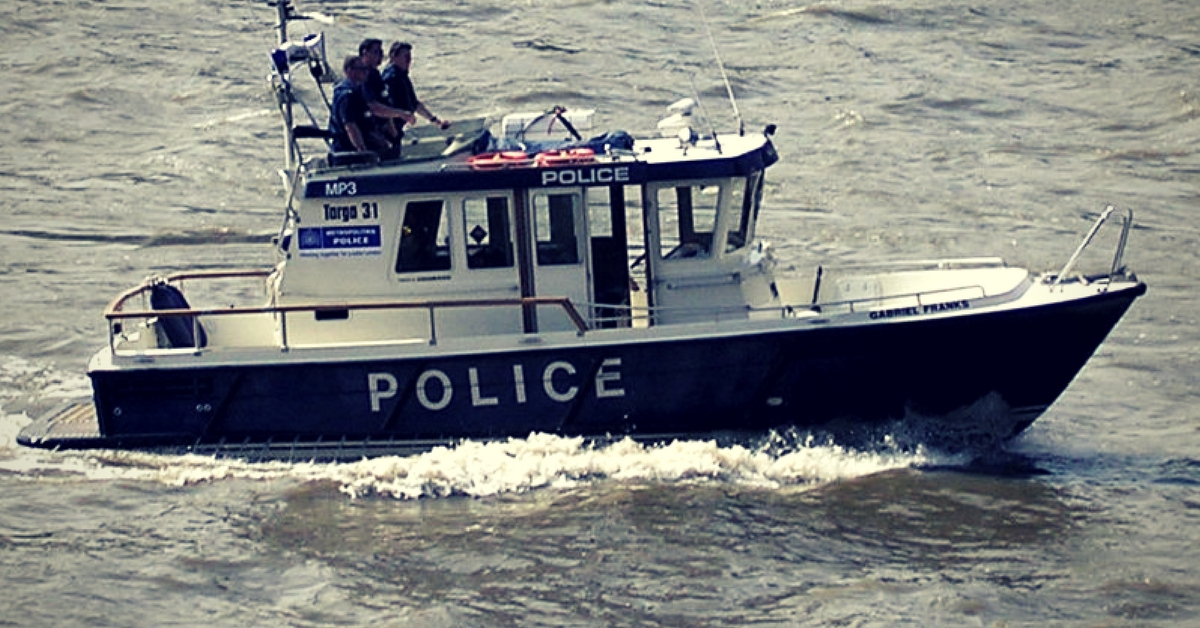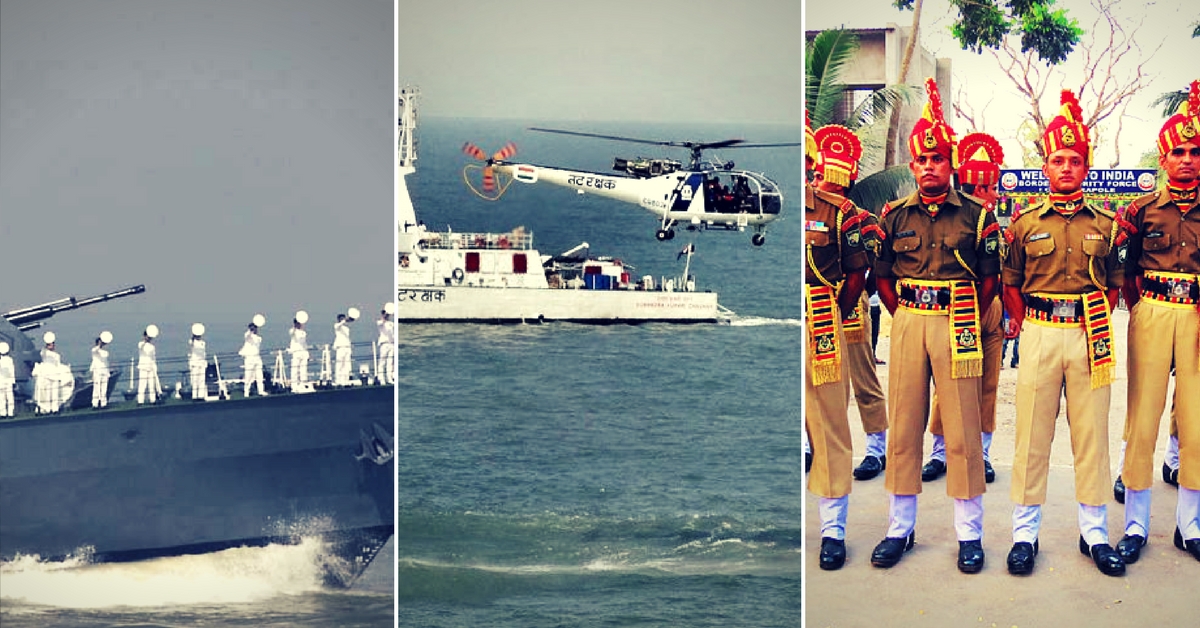India’s stunning coastline is approximately 7,517 km long and touches several key states and Union Territories. It is a continuous task for the marine forces to be manning such a vast coastline, and despite the constant vigilance, untoward incidents do continue to occur.
Almost a decade after the 26/11 terror attack triggered a radical overhaul of the Indian coastal defence apparatus, the Union home ministry has sanctioned the launch of the National Academy of Coastal Policing (NACP), India’s first institution to safeguard the nation’s shoreline.

The NACP is the first-of-its-kind institution, which has been created and will be managed by a multi-agency team of paramilitary and defence forces. It will train the marine forces of states, which have sea lines.
An official order also mentions that the Bureau of Police Research and Development (BPRD), which is the Union Home Ministry’s Policing Think Tank, will head the establishment, and run the academy. Various factions of the armed forces will be involved, each playing various roles.
The BSF, will form part of the core committee, and will also provide security to the Arabian Sea Cost campus, which is at a flying distance from the Pakistan Coast.
The Navy and The Coast Guard, will form the rest of the core committee, provide skilled trainers and manage access to jetties and boats, for the academy’s trainees.
All three factions mentioned above will provide faculty, to train police personnel and other security agencies staff in the following areas:
1) Maritime Laws
2) Seamanship
3) Boat Work
4) Navigation
5) Weapons Handling
6) Usage of Sea Guidance
7) Surveillance Gadgets
8) Survival skills for long-haul operations on sea or during distress times, if they get stranded for up to 12 nautical miles
This is a unique initiative, as currently, the nation has no organisation to train marine or coastal police forces in these subjects in a professional manner. Which is why, the academy will adopt the best practices of the Indian Navy, BSF and Coast Guard.
The venture was confirmed by the Union Home Ministry, from a campus of Gujarat’s Fisheries Research Centre located in coastal Okhla, in the recently-created Devbhoomi Dwarka district.
The ministry has also asked the Gujarat Government to provide two interceptor boats to the coastal police academy, for effective sea-patrolling by the marine unit of the state police.
You may also like: Operation Cactus: When India’s Armed Forces Helped The Maldives
This is India’s first initiative since 26/11 to upgrade coastal surveillance to prevent disasters. The coastal police academy, adopting the best practices of our existing defence bodies, will be a formidable addition to the forces protecting the nation.
Like this story? Or have something to share? Write to us: contact@thebetterindia.com, or connect with us on Facebook and Twitter.
NEW: Click here to get positive news on WhatsApp!
If you found our stories insightful, informative, or even just enjoyable, we invite you to consider making a voluntary payment to support the work we do at The Better India. Your contribution helps us continue producing quality content that educates, inspires, and drives positive change.
Choose one of the payment options below for your contribution-
By paying for the stories you value, you directly contribute to sustaining our efforts focused on making a difference in the world. Together, let's ensure that impactful stories continue to be told and shared, enriching lives and communities alike.
Thank you for your support. Here are some frequently asked questions you might find helpful to know why you are contributing?

